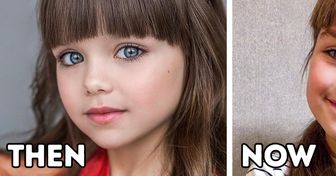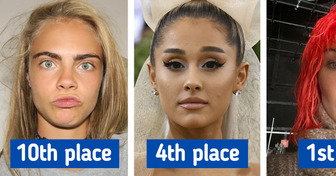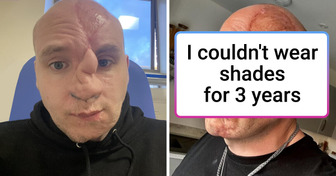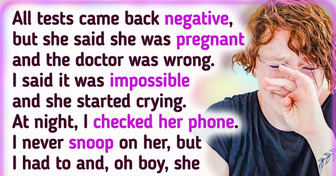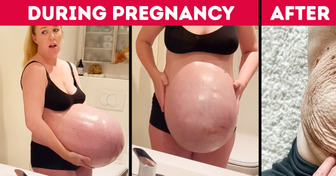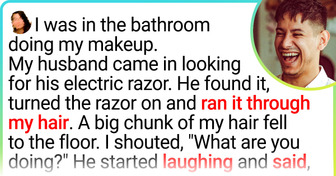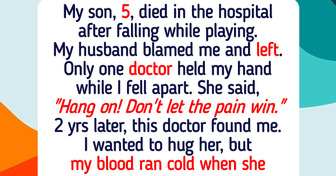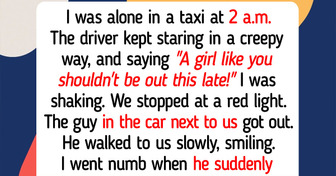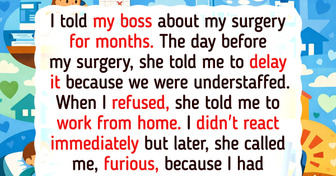20 Stories That Have More Plot Twists Than a Soap Opera
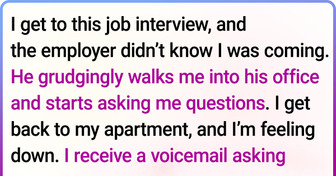
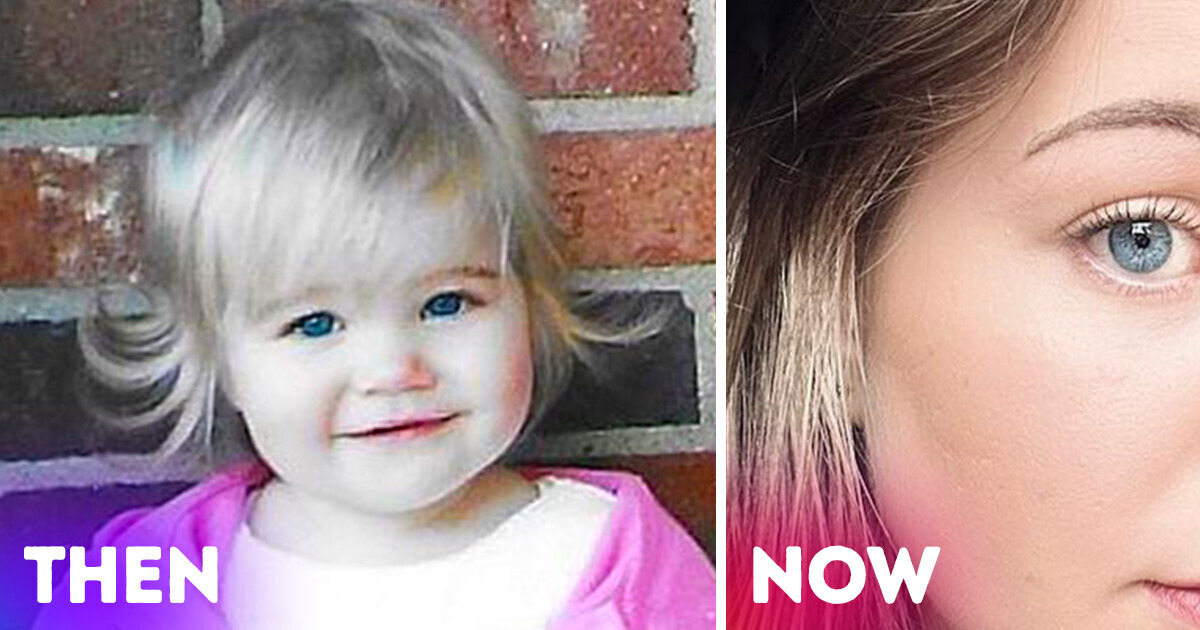
Ashley Zambelli is a woman from Michigan, who was diagnosed with Down syndrome only when she was 23. She was not showing any obvious symptoms that are common for this condition. Now, Ashley has taken to Instagram to tell people more about her unusual case and warned them about some signs that might point to this condition.
Ashley Zambelli took to Instagram to tell her followers about a shocking case that she experienced recently. She was given confirmation of her special condition this February, after she underwent some genetic testing. It revealed she has an extra chromosome.
Ashley has a rare form of Down syndrome. It only affects 2% of patients and does not always show the physical symptoms that are associated with the condition.
Ashley said that as she was growing up, she sometimes struggled academically and had issues with her knee dislocation, jaw problems affecting her ability to move, and a high heart rate.
But doctors never connected the symptoms until she became a mom to two daughters with Down syndrome.
“A lot of people associate it as a facial disability. Having a mosaic condition means it is not always visible to the eye,” says Ashley.
It turned out, she had a rarer form of this condition, which is called “Mosaic Down syndrome”.
Down syndrome is an extra copy of chromosome 21, but people with mosaic Down syndrome have a mixture of cells. Some people have two copies of chromosome 21, and some have 3.
The common form of the Down syndrome has visible symptoms, such as a flattened face, especially around the nose. People with this condition also may have smaller ears and troubles with learning and communicating. Heart problems are also associated with this condition.
People with mosaic Down syndrome often, but not in 100% cases, have fewer symptoms of Down syndrome because some of their cells are “normal”.
Ashley says that, in general, she did not have any warning signs of the condition in her early life. But after the girl turned 12, her kneecaps began to dislocate, and she also started to struggle with studying at school.
She says, “Test taking was awful. I had jaw dysfunction and my knee caps were constantly dislocating. My shoulder was permanently out of the socket. My heart was always racing. I was always getting out of breath.”
Ashley had also had a miscarriage in 2019 and doctors had discovered the unborn baby had Down syndrome. The woman later gave birth to her first child, Lilian, who also has Down syndrome. Her second daughter, Evelyn, doesn’t have this condition.
After doing a genetic testing, Ashley now has an explanation for her issues.
She has such symptoms as lower sitting ears, trouble with memory, low muscle tone and a jaw disorder. The woman said she also struggles to understand humor and can even say things without realizing they might be rude.
Ms Zambelli wants to encourage others to get genetic testing and says, “People need to not see genetic testing as a bad thing. It’s a tool to be prepared.”
And here’s yet another curious read about a baby, who challenged the doctors with his rare disorder for 20 years.

